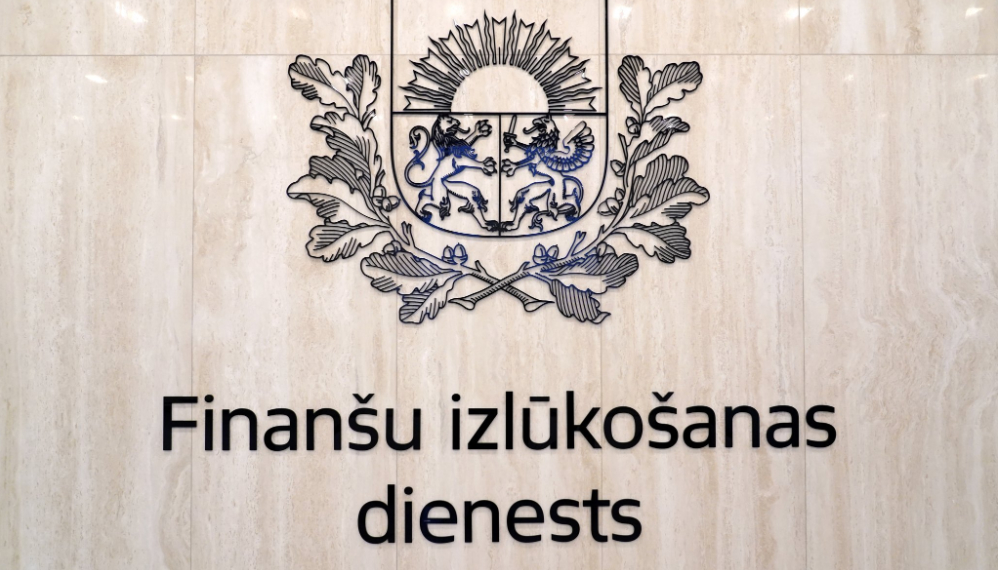The bill was supported by 83 of 100 Saeima deputies.
The authors of the draft law explained that until the beginning of 2022, exceptions to sanctions enacted in EU legislation were applied relatively rarely and in an extremely narrow range of issues, most often allowing one payment to terminate contractual relations.
Before the EU imposed extensive sanctions against the Russian Federation and Belarus in 2022, the existing system in Latvia had various different institutions making decisions on sanctions matters, increasing the chances of inconsistencies and errors.
After Russia's invasion of Ukraine, aided and abetted by Belarus in February 2022, the speed and scope of new EU sanctions created the need for even more clarity and consistency.
The bill establishes the FID as the competent authority for the application of all exceptions provided for in EU regulations and decisions on the imposition of sanctions. This creates a fully centralized system without creating a new institution.
Also, the draft law provides that the FID becomes the main institution in the enforcement of sanctions in Latvia, including the adoption of decisions on the freezing of assets.
The new functions of the FID are legally and structurally separated from the performance of the basic functions of the FID in accordance with the Law on the Prevention of Money Laundering and Financing of Terrorism and Proliferation, according to which the FID is an independent and autonomous institution, and as part of which the information obtained by the FID may only be used in accordance with the Law on Money Laundering and as provided for in the Terrorism and Proliferation Financing Prevention Act.
The additional positions required by the FID will be provided without increasing the total number of positions assigned to the Ministry of the Interior. The amendments to the law will enter into force on April 1, 2024.
The Financial Intelligence Unit of Latvia is an independent authority responsible for prevention of money laundering in Latvia, with the goal of eliminating the possibility of using the Latvian financial system to launder money or finance terrorism.
The FID recently hosted EU experts for a three-day workshop under the title “Beneficial Ownership Registers as Competent Authorities”. This marks the third in the series of experts meetings, which previously convened in Malta and Belgium through 2022 and 2023.
Bringing together 23 experts from 18 countries, the workshop aimed to discuss the various key aspects and building blocks that jurisdiction should focus on when setting-up BO Registers.
“The goal of this activity is to develop tangible proposals and best practice that can be made available to stakeholders and jurisdictions who are seeking to build or enhance national beneficial ownership capabilities,” said EU Global Facility Key Expert on BO Alexandre Taymans.
Head of FIU Latvia Toms Platacis said: “As Beneficial Ownership Registers worldwide evolve into competent authorities and we lie in a world that is more hectic than ever before - in times when effective sanctions implementation is more crucial than ever before, and being effective in the second is not possible without being effective in the first, I believe this workshop in Riga will represent our significant efforts in these fields”.






























